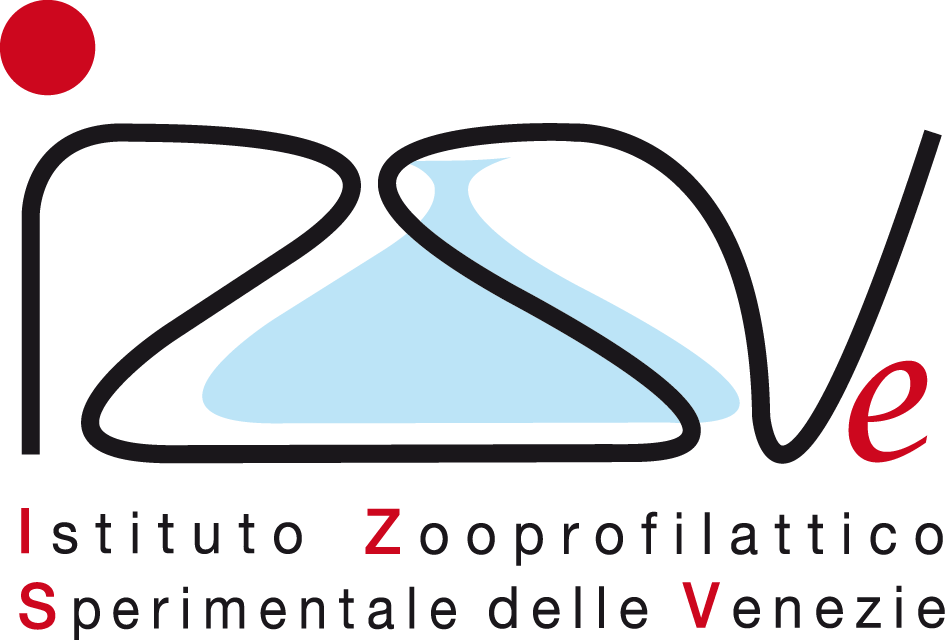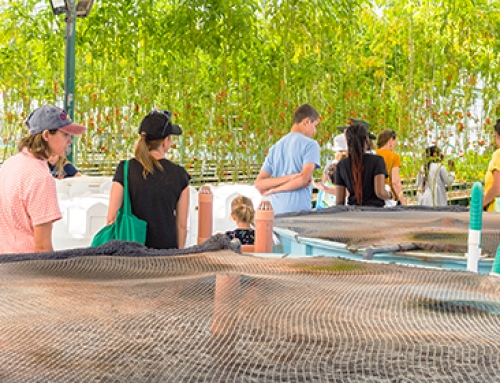Italy is one of Europe’s leading producers of rainbow trout (Oncorhynchus mykiss). However, farming is severely limited by the impact of two viral diseases: Viral Haemorrhagic Septicaemia (VHS) and Infectious Haematopoietic Necrosis (IHN). Both diseases are caused by viruses belonging to the Rhabdoviridae family, which are endemic in Italy. Eradication has proven to be the only effective control measure to solve outbreaks of VHS and IHN. However, it requires emptying the entire affected facility of both fish and water, and cleaning and disinfecting the equipment and fish-rearing tanks.

IZSVe researchers has investigated the efficacy of DNA vaccines against Viral Haemorrhagic Septicaemia (VHS) and Infectious Haematopoietic Necrosis (IHN), two viral diseases severely limiting the farming of rainbow trouts. The vaccines used were found to considerably reduce the mortality induced by VHS and IHN and therefore to be effective and safe.
A recent IZSVe research project (RC IZSVE 09/18), funded by the Italian Ministry of Health, investigated the efficacy of DNA vaccines against these two diseases in rainbow trout. The vaccines were developed based on glycoprotein G sequences (the protein responsible for neutralising antibodies production) of recently isolated Italian strains of VHS and IHN viruses.
First, a trial was conducted under controlled conditions at the IZSVe’s Experimental Aquarium, during which two different doses of vaccine for VHS and IHN were tested for efficacy and safety, individually and in combination. Based on the findings, the higher dose was selected to perform a field trial.
The field trial, authorized by the Italian Ministry of Health, was conducted between October 2020 and July 2021 in a farm located in the Autonomous Province of Trento, marking the first field application of DNA vaccines for VHS and IHN in an intensive rainbow trout grow-out farm. The fish were divided into three experimental groups: one unvaccinated control group, one group inoculated with the vaccine for VHS, and one group vaccinated against both VHS and IHN. At the end of the observation period, the vaccines used were found to considerably reduce the mortality induced by VHS and IHN and therefore to be effective and safe. The results have been published in the journal Vaccines, in a special issue dedicated to vaccines in aquaculture.
The tested vaccines provided a valid contribution to protecting farmed fish from diseases and, thus, could complement those biosecurity measures put in place to prevent the introduction of diseases into farms, but whose implementation is not always able to completely and effectively defend fish from pathogenic agents.
Read the scientific article in Vaccines »





![Which is better between wild-caught and farmed fish? [Video]](https://www.izsvenezie.com/wp-content/uploads/2024/01/which-better-wild-farmed-fish-video-500x383.jpg)
